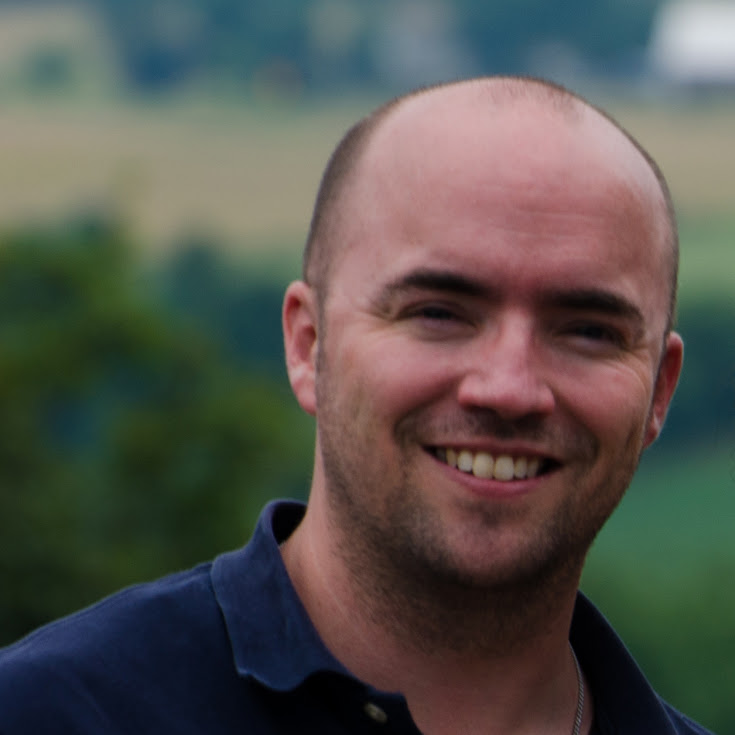Ok, So It Was REALLLLY Windy Out There
My roommate and I went for an eight-mile run this afternoon. It was in the low thirties (Fahrenheit) with gusts of wind that you cannot imagine. I saw the gusts pull off small branches from trees. It was fun to fly on the tailwinds, but the headwinds were almost impenetrable. It was a challenging, yet nonetheless a fun run.
I think that is very different from how God works. Grace, God's way of acting in the world, isn't on-again, off-again. No, rather it is constant. Nor is it overpowering or overwhelming. On the other hand, it is gentle and guiding. It prepares more than controls; coaxes but never coerces; woos and waits, but does not force or dominate. Without end or limits, His love (for lack of a better phrase) still respects our boundaries. What is inexorable about grace is God's horrible patience, how long He willingly suffers our neglect while he woos and waits, whispers and beckons. What is dominant in His love is that He will strip us of everything He has given us so that we can see our own naked neediness; but He will never compel us to come to Him to be filled. And His love is indeed a terrible thing: many have spent their lives squandering it in addictions, lusts, ambitions, and greeds. A lesser love, the less singular loves we mortals have, would walk away at some point from such wanton wretches as we. But even at the end of our life on earth, there He is, waiting patiently, to see if we will turn back to the gentle, implacable love that knows no end.
Make a New Year's Resolution. While not religious, it is one of the better contributions of our secular culture to our religious life. Maybe resolve that in the year of Our Lord 2009, you will make each Sunday a special, refreshing day for worshipping God and loving your neighbor without cost or profit. Maybe resolve to get back into better shape, not for yourself, but because your body is a temple of the Holy Spirit (1 Cor 6:19). Maybe resolve to confess your sins more frequently, say once a month, and bear in mind that each confession of our own sinfulness is also a confession of God's godliness, of Jesus' lordship.
And God bless you with a happy New Year.






























